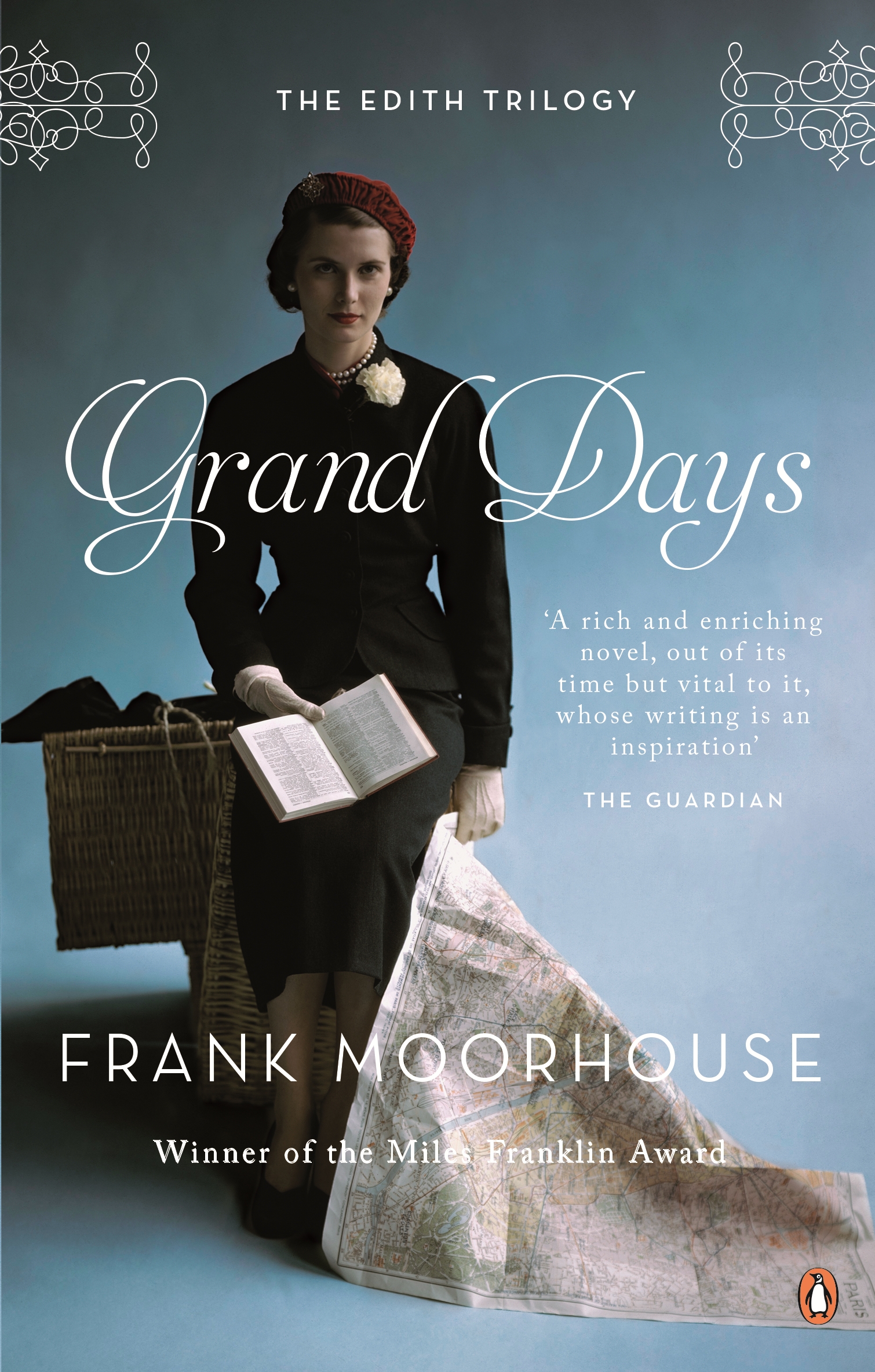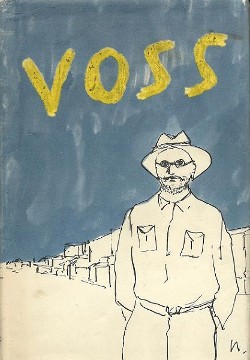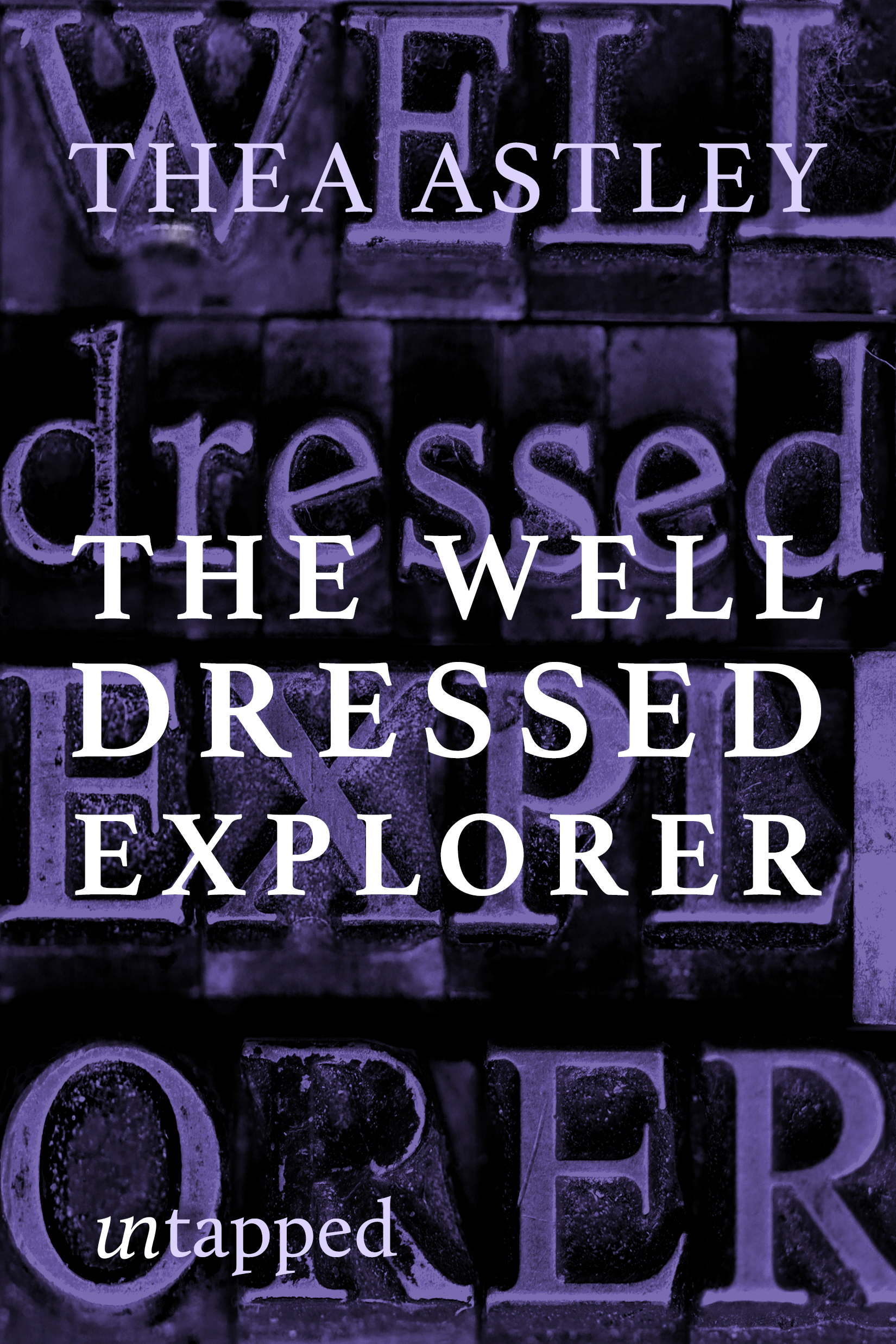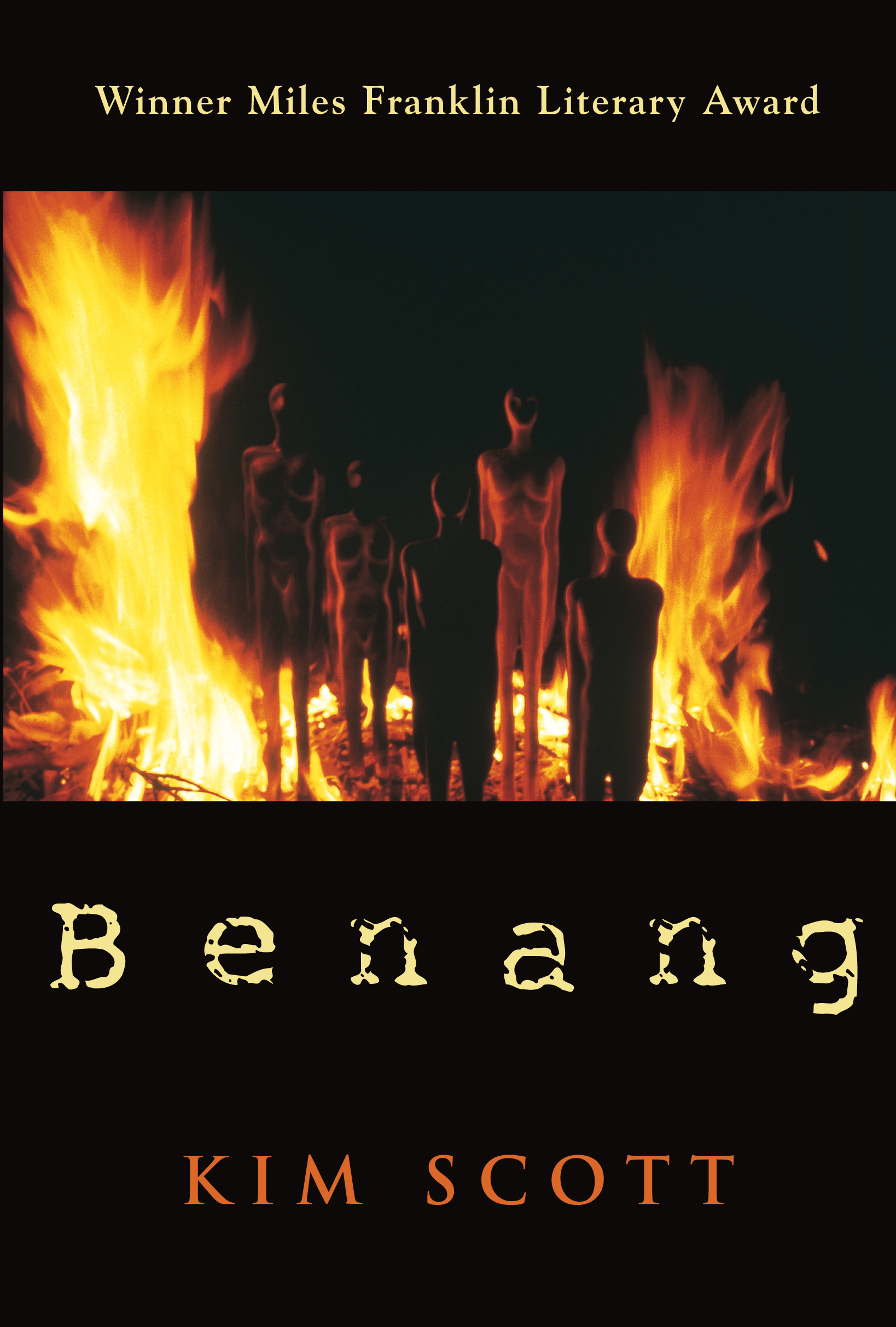For the past 65 years Australia’s most prestigious literary prize, The Miles Franklin Award has shone a light on some of the country’s most talented writers.
Although it has also courted its fair share of controversy and dramas akin to a salacious reality television program.
In honour of the announcement of the prize’s 2022 shortlist of nominated books, the Vision Australia Library takes a look back at some of the proud highs and embarrassing lows of the award.
The books available in the Vision Australia Library are highlighted and linked.
Not a member of the Vision Australia Library? Membership is free and available to anyone with a print disability. Find out more at the Vision Australia Library webpage or call 1300 654 656.
About the award
The Miles Franklin Literary Award was established by feminist, and author of My Brilliant Career, Stella Maria Sarah Miles Franklin. First presented in 1957, the Award celebrates novels of the highest literary merit that tell stories about Australian life.
Plagiarism and fraud
This year’s award has already been plagued a plagiarism scandal. The Dogs by John Hughes was removed from the longlist after it was discovered that parts of his book had been copied from iconic novels including The Great Gatsby and Anna Karenina. You can read more about his at the Guardian here.
However, the most major scandal in the prize’s history was in 1994 and Helen Demidenko’s book The Hand That Signed the Paper.
At age 22, she was the prize’s youngest winner. It came to light that she not only falsified her claims as a Ukrainian author, the source material from interviews with her family, but her name which was in fact Darville.
Not Australian enough
Due to the award parameters that insist that nominated works must “present life in Australia in any of its phases”, there has been some resulting controversy as to what exactly that could entail.
Ironically, it took 43 years for an Aboriginal writer to win the award, even though there’s a proud history of Aboriginal Australian novelists writing about their country.
Author Frank Moorhouse was disqualified from consideration for his novel Grand Days because the story was set in Europe during the 1920?s. However, he won in 2001 for his later novel, Dark Palace.
In 1979 Christopher Koch's The Year of Living Dangerously was deemed ineligible as it was set in Indonesia.

Inaugural winner
Patrick White won the inaugural award in 1957 with his novel Voss.
Presented by then Prime Minister Robert Menzies, White was visibly underwhelmed and in subsequent years was scathing toward the prize and the prize winners.

First woman to win
Thea Astley was both the first woman to win the award and, at the time of her death, had won more Miles Franklin’s that than other writer*
Astley won in 1962 for The Well Dressed Explorer; in 1965 for The Slow Natives, in 1972: The Acolyte and in 1999 for Drylands
*She now shares this honour with Tim Winton who first won the award in 1984 for Shallows. He won again in 1992 for Cloudstreet, 2002 Dirt Music, and in 2009 Breath.

First Indigenous writer
In 2000 Kim Scott won the award for Benang: from the heart and again in 2011 for That Deadman Dance.
Alexis Wright was the first Aboriginal women to win the award, in 2007 for Carpentaria.
Melissa Lucashenko won in 2019 for Too Much Lip.
And Tara June Winch in 2020 for The Yield.

Have you read any Miles Franklin award winners and loved it? You can recommend a book to your fellow library members with the library’s Reader Recommended. Call 1300 64 46 56 or email [email protected]










